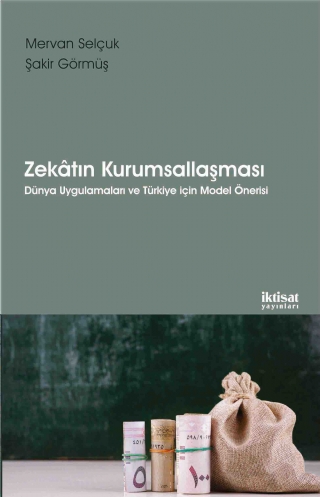Sociology of Work \ 1-1

During the period until today, when the concepts of labor and work first appeared on the stage of history, different ideas have been developed for these concepts. In primitive times, the concept of work was defined as doing enough work to maintain life at a minimum level, but in modern times this provision is no longer sufficient. With the discovery of production by human beings and the emergence of the concept of wage with this discovery, the attitude towards work has also changed.
In this book, which tries to look at the concepts of work and employment from a sociological perspective, the views of various sociologists on these concepts and how the concepts are shaped according to the lifestyles, values and judgments of societies are tried to be conveyed to the reader.
In this book, which tries to look at the concepts of work and employment from a sociological perspective, the views of various sociologists on these concepts and how the concepts are shaped according to the lifestyles, values and judgments of societies are tried to be conveyed to the reader.

The indispensable element for all businesses is people. For this reason, businesses that attach importance to the selection, placement, training, promotion, evaluation and retirement of their employees have always been successful in business life.
The human resources management book is a resource that people or institutions that want to be successful in the processes from the recruitment of the personnel to their retirement can apply.
The human resources management book is a resource that people or institutions that want to be successful in the processes from the recruitment of the personnel to their retirement can apply.

The connection of Muslims with zakat has decreased day by day and has almost reached the breaking point. It is seen that there is a decrease in the number of people who calculate zakat in accordance with its originality and deliver it to those who deserve it. While the zakat potential of Islamic countries can easily eliminate the problems of income distribution and poverty, the insufficient institutionalization of zakat causes many socio-economic problems and an inability to effectively combat existing problems. Hz. Although it cannot be collected and distributed under the authority of the state and forcibly, as in the Sunnah of the Prophet (pbuh), it is seen that zakat is tried to be implemented in an institutional structure with state support in countries such as Malaysia, Indonesia and Pakistan. In this study, information about the countries where zakat is applied in an institutional structure is given and these zakat institutions are examined comparatively. In the light of this information, taking into account the existing legal and institutional structures, a model has been created for a modernly applicable zakat institution in Turkey.